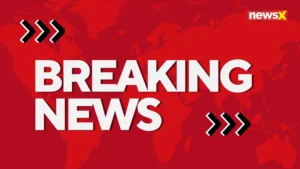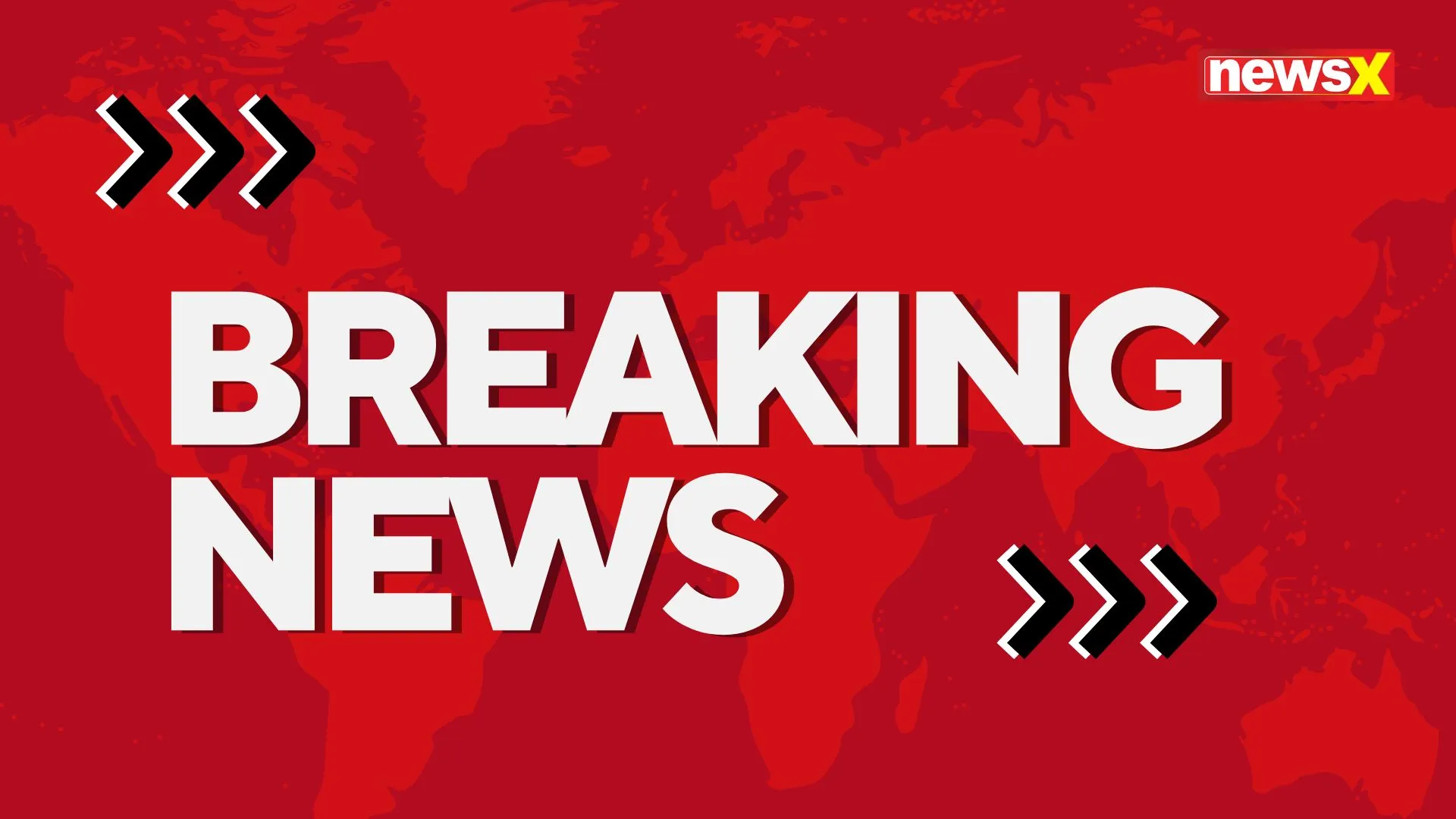On Wednesday, 25 September, Canadian Prime Minister Justin Trudeau survived a no-confidence vote in Parliament, which was introduced by the Conservative leader Pierre Poilievre. Trudeau’s minority Liberal government will continue to remain in power.
Poilievre in the parliament said, “After nine years of Liberal government, the promise of Canada is broken.”
The motion was intended to end nine years of Liberal Party rule headed by Justin Trudeau. However, he managed to survive with a narrow margin, with 211 lawmakers voting against the motion, while 120 supported it.
MUST READ: Why Did Donald Trump Say Iran Would Be ‘Blown To Smithereens?’
Challenges For Trudeau
Trudeau’s party is in a vulnerable position politically. The New Democratic Party (NDP) has ended their coalition agreement, which was made to keep Trudeau in power until an election scheduled for October 2025.
Another challenge for the government is declining popularity of Justin Trudeau among the voters. Public opinion highlights the dissatisfaction of people over rising prices, housing crisis, increase in the rate of crimes and augmentation of the national debt.
Adding to it, another opposition party, the Bloc Quebecois, has also threatened to withdraw its support to liberals. Their demands include increased financial support for seniors and protections for Quebec’s dairy industry.
Public Opinion: Conservative Party Leads
Trudeau came to power as the prime minister in 2015, and has since maintained his position by defeating two of Poilievre’s predecessors in the 2019 and 2021 elections.
However, Conservatives, in the opposition, now holds a large lead in public opinion polls with their anti-establishment agenda. They are expected to make further attempts to topple the government, which Liberal leaders accusing the of “playing games.’
ALSO READ: Canada: Justin Trudeau Faces Potential No-Confidence Vote Following By-Election Defeat






















